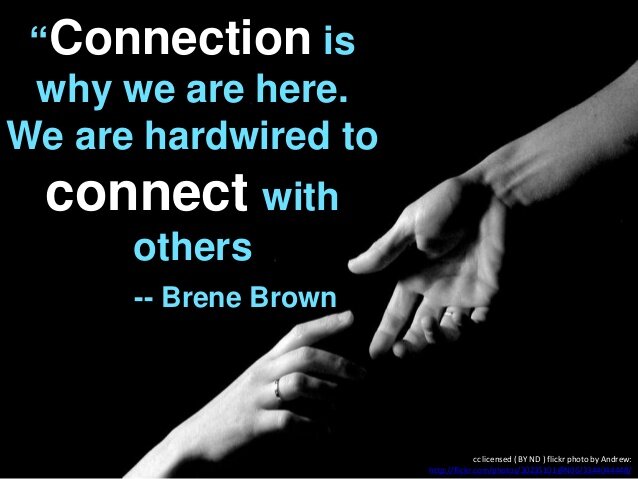Jeff (not his real name) has a high profile job. He is a senior leader in the organisation with a lot of direct reports.
For the past year, Jeff has had a physiotherapy appointment every Monday morning and has gone away on two long-distance cycling trips, each lasting three weeks.
For the rest of the time, he has been present at the office with almost no time off.
He’s worked long hours choosing to arrive at the office early and leave late.
But at the start of this year, Jeff has decided to change one thing. His silence.
Don't suffer in silence
He’s decided to speak up about his life – what’s really going on - and make a change.
You see, Jeff was never at the physio on a Monday.
He was seeing a counsellor about his mental health concerns and in particular his feelings of depression.
His long cycling trips were made-up stories.
These were times when he was so low that he couldn’t face being in the office.
On one of the ‘trips’, he had instead booked himself into a retreat to access support and care.
Why was Jeff not able to speak about this honestly? What barriers and stigma were in his workplace that kept him silent?
Interestingly, with hindsight, Jeff became aware that he was contributing to the culture of silence in his workplace and realised that he needed to speak up.
So he did.
Jeff brought all of his staff, 190 people, into his circle and made a full disclosure on what he’s been dealing with.
He held his hand up and said: “I’m battling to cope – all the secrecy and lies are adding too much anxiety and stress to my life.”
He was expecting resistance, rebuttal and recrimination. Instead, he received gratitude, support and a workplace that embraced his transparency and disclosure.
Where he had feared lack of respect, lack of support and a decline in productivity – he actually experienced the opposite.
His honesty and ‘leading from the top’ allowed others in the organisation to come on board with their own issues and concerns and work together as a team to be the best they can be.
Mental health is something we all have. It is a dynamic, constantly changing state of mind and emotion and affects us all.
How can you help yourself and others to understand and cope with your mental health and wellbeing? What can you do in your workplace to promote positive mental health and reduce the stigma associated with depression, anxiety and other mental health issues?
You can start with knowledge and awareness.
Learn as much as you can about these issues so that you feel better able to support yourself and others in need.
Learn what you can do to make your workplace more inclusive and open to conversations around mental health.
Equip yourself with skills and tools on how to cope and be mindful in this increasingly stressful world.
Family Focus UK's Ase Greenacre and Jenni Cole
Family Focus UK promotes and encourages wellbeing and mental health awareness in the workplace and privately.
It trains Mental Health First Aiders on a two-day fully accredited course with MHFA England.
It also offers a ‘Champion’ for mental health (one-day training) or workshops on mental health awareness and self and team care in your workplace.
Your trainers will be Ase Greenacre and Jenni Cole, two highly motivated and knowledgeable facilitators with a wealth of experience in coaching, counselling and mental health.
They are also parenting experts, mothers and wives and female business owners.
Your session will be packed with activities, tips and tools, laughter and lots of learning.
There are so many things you can do. The trick is to do something. A good start is by signing up to one of Family Focus UK’s courses in Reigate, Surrey.
Mental Health First Aider (two days): Monday-Tuesday, February 17-18
Mental Health First Aid Champion (one day): Wednesday, February 26





















